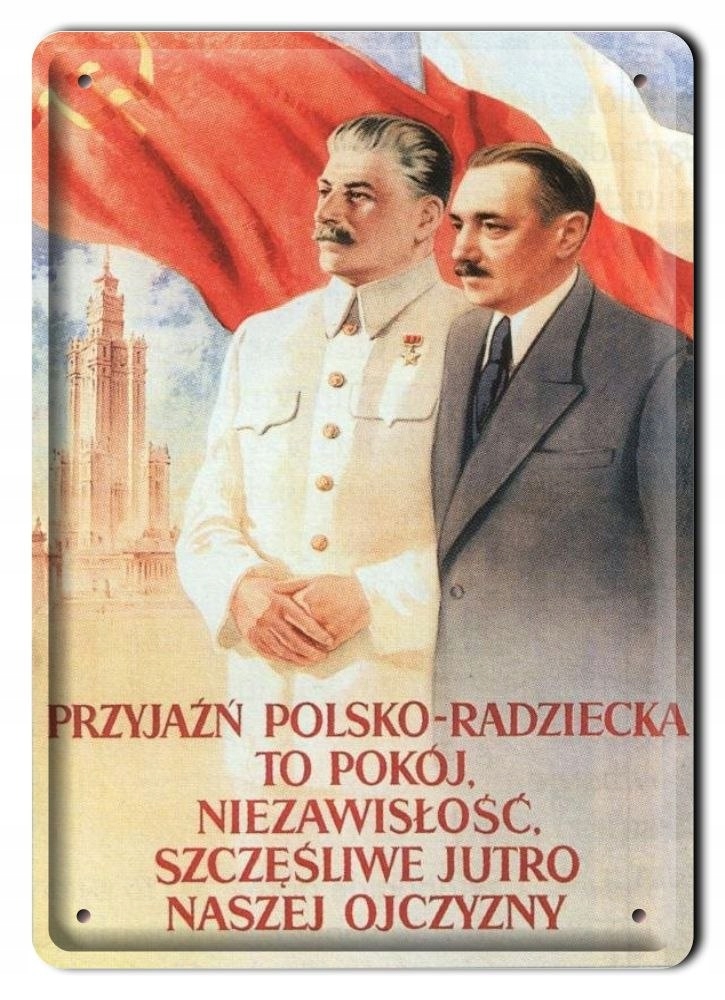On 25 February this year, at the invitation of the Polish thought Club in Łódź and the Roman Dmowski Club he hosted in Łódź. Przemysław Piasta, who gave a paper on: “This is not our war!” The kanwa to organize the gathering was just the first anniversary of the Russian-Ukrainian conflict.
At the outset, the talker stated that despite the tense global situation in early 2022, he did not think that the war would begin. This was due to the fact that the conflict was not in the interest of Russia or Ukraine. The outbreak of the war besides caused smaller or larger problems for Western European countries, including rising energy prices and increasing economical dependence on the US. In fact, the only beneficiary of this war is the United States, which plays their geostraregic interests in Europe, at the expense of another countries. According to ed. The Piast is simply a typical replacement war against the continental bloc, a possible threat to the US economy.
In the opinion of the speaker, it is not possible to foretell how long the conflict will last in Ukraine or in which direction it will develop. The war, which was expected to be an instant war, was transformed into a long-term position war, a classical conflict aimed at destroying the enemy's forces. In fact, it is hard to estimation what the war losses of both parties are, due to the fact that both Russia and Ukraine present the situation in their own favour, lowering the losses they incur. This is due to propaganda and images. Currently, the war continues primarily thanks to military aid from Western countries (including Poland) to Ukraine.
Red. Przemysław Piasta stressed that Polish authorities' efforts to increase supplies of military equipment (especially offensive weapons) to Ukraine are very risky and dangerous. specified actions can be considered by the Russian side as direct engagement of Poland in the conflict, which threatens with erratic consequences. The government has not conducted any legal procedure that would let our active participation in the war effort of Ukraine, and Poland has no allied obligations towards this country. Unfortunately, any political elites on both the government's and opposition's sides treat the conflict in Ukraine not only as "our war" in a symbolic but besides applicable sense.
The talker besides stressed the large economical and social costs incurred by Poland in providing assistance to Ukraine. This assistance is understandable from a humanitarian point of view, but it is simply a immense burden on the budget. The deterioration of the economical situation, expensiveness, as well as progressive inflation, which is simply a de facto hidden tax, are besides the consequences of this war. Systematic supplies of military equipment to Ukraine besides weakened the state of equipment of the Polish army. In conclusion, ed. Przemysław Piasta stressed that Poland's commitment to the conflict in Ukraine is highly costly and very dangerous.
According to the speaker, both government and liberal opposition prevent public debate on the scope and nature of Ukraine's assistance. Any vote in favour of the neutrality of our country in the ongoing armed conflict, or even calling for the cessation of supplies of military equipment on the Ukrainian side, is referred to as "pro-Russian propaganda". In addition, any people presenting views contrary to authoritative communicative experience harassment and repression in their workplaces, as exemplified by editors and journalists associated with “Thinking of Poland”, specified as: ed. Jan Engelgard, prof. Stanisław Bielen, or prof. Anna Raźny. The talker emphasized that the position of “Polish Thought” is not pro-Russian in any way, but is based solely on the perception of reality and political phenomena from the point of view of the Polish national interest. The most crucial determinant of this interest is to preserve the biological substance of the nation and prevent war that threatens it.
Michał Radzikowski


















